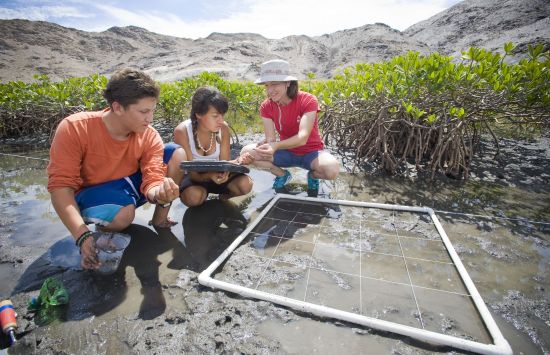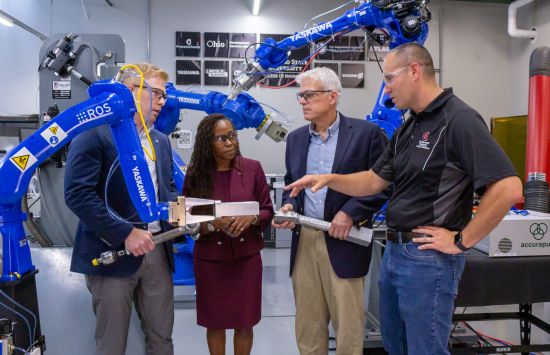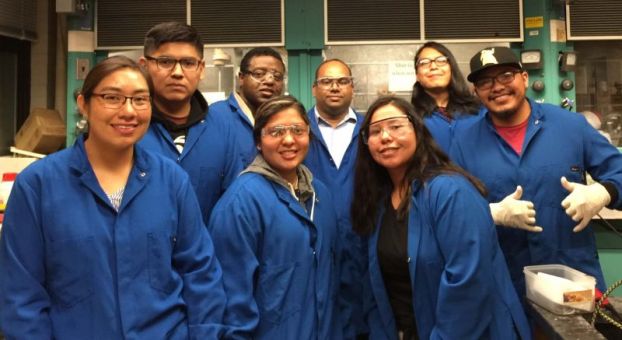What we support
EDU supports the advancement of STEM education by providing funding for individual researchers, collaborative teams and the development of educational tools and resources. It also offers training and mentorship for students and early-career educators.
The directorate’s priorities are:

Education research
We support research focused on innovative educational methods and strategies that enhance learning experiences at all levels.

Broadening participation
We promote equitable access to STEM education, ensuring that learners from all backgrounds can benefit from opportunities in science and engineering.

Workforce development
We support the development of a diverse and highly skilled STEM workforce, preparing the next generation of scientists, engineers and educators.

Building Partnerships
We build partnerships and collaborations between educational institutions, industries and research communities to strengthen STEM education and workforce development.
Vision, mission and values
Vision: A Nation where excellence in STEM education and research is without limits or barriers.
Mission: To invest in high-quality research and promising practices in STEM education to ensure an inclusive, well-prepared STEM workforce and STEM literacy for a diverse nation.
Values: NSF’s Core Values — Scientific Leadership, Diversity & Inclusion, Integrity & Excellence, Public Service, and Innovation & Collaboration — guide EDU’s work. Additionally, consistent with our vision and mission, EDU embodies a sixth value: Education & Learning...
Education & Learning: EDU embraces education and learning as a lifelong and dynamic endeavor. It values U.S. science, technology, engineering, and mathematics (STEM) education at all levels and in all settings (both formal and informal). It also supports excellent STEM learning experiences for both the development of a diverse and well-prepared workforce and well-informed nation, and to improve the lives people lead.
Divisions
Division of Equity for Excellence in STEM (EES): Promotes activities that strengthen STEM education for underserved communities, broaden their participation in the workforce, and increase knowledge about promoting inclusion. (EES was formerly the Division of Human Resource Development.)
Division of Graduate Education (DGE): Supports graduate students and the development of innovative programs to prepare tomorrow's leaders in STEM fields.
Division of Research on Learning in Formal and Informal Settings (DRL): Invests in STEM learning for people of all ages by promoting innovative research, development and evaluation of learning and teaching across all STEM disciplines in formal and informal settings.
Division of Undergraduate Education (DUE): Strengthens STEM education at two- and four-year colleges and universities by improving curricula, instruction, assessment, laboratories, infrastructure, collaborations and the diversity of students and faculty.




